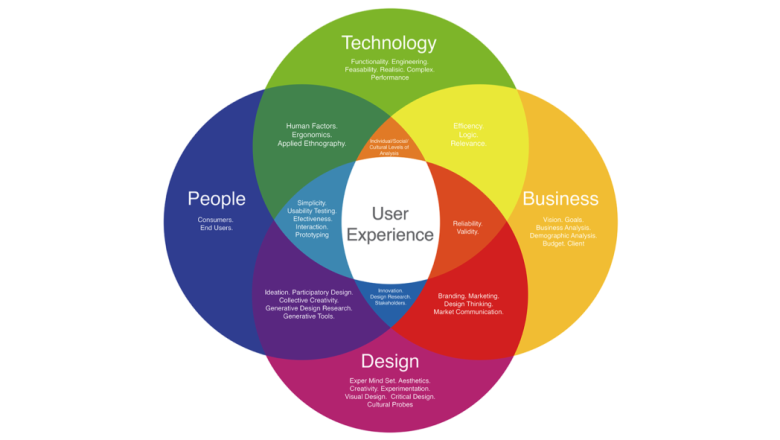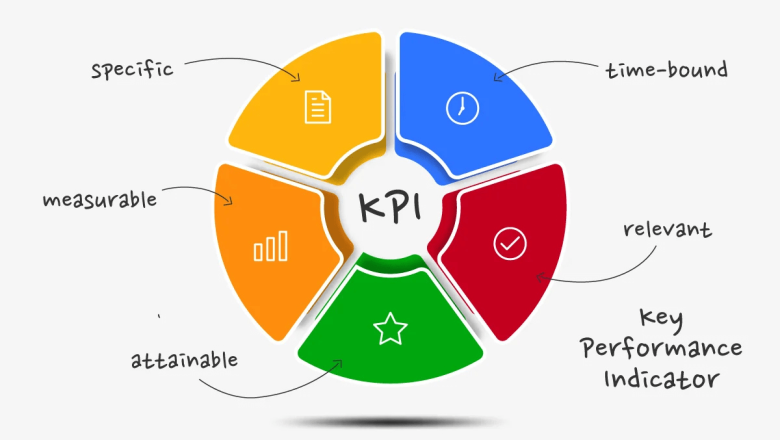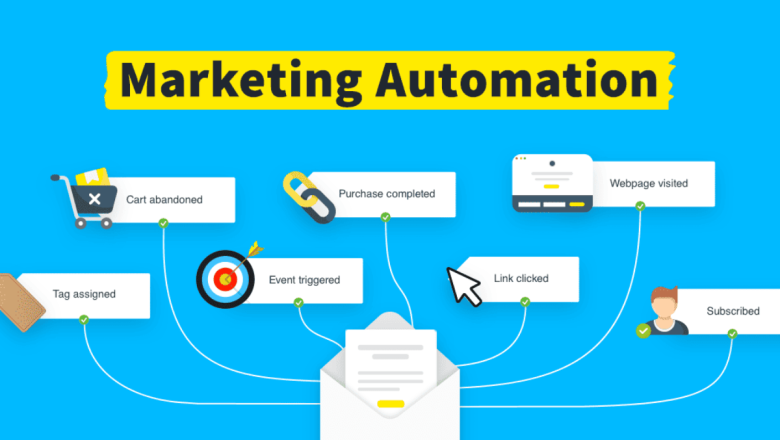
Digital Transformation Metrics for SMEs: Measuring Success in the Digital Era
In today's competitive business landscape, small and medium-sized enterprises (SMEs) are accelerating their digital transformation journeys to stay relevant and efficient. However, transformation without measurement leads to guesswork.
That's why tracking digital transformation metrics for SMEs is essential to evaluate progress, performance, and ROI. These metrics help organizations understand the real impact of technology adoption across operations, customer experience, and business growth.
Operational Efficiency and Automation
One of the key digital transformation metrics for SMEs is operational efficiency. Measuring process automation rates, workflow optimization, and time saved helps determine the effectiveness of new digital tools.
For instance, an SME th...









